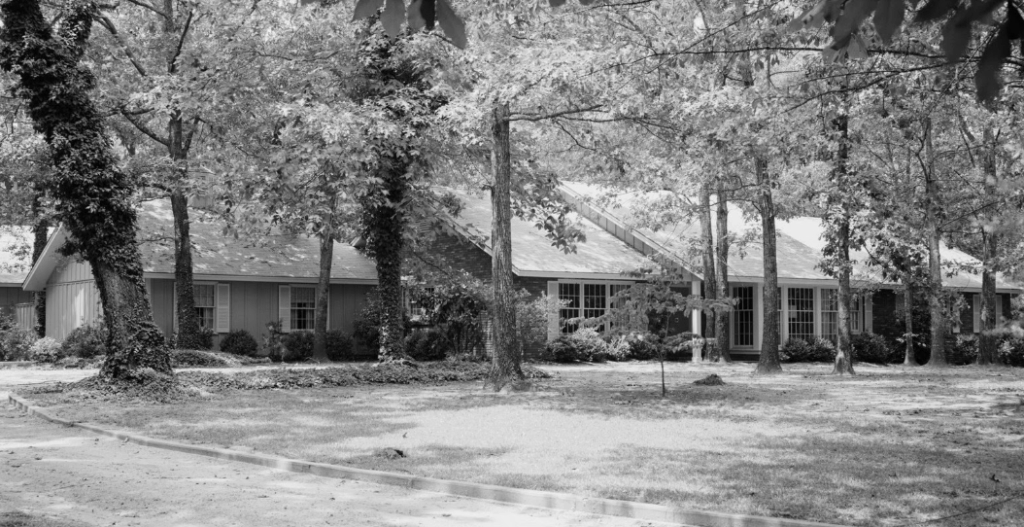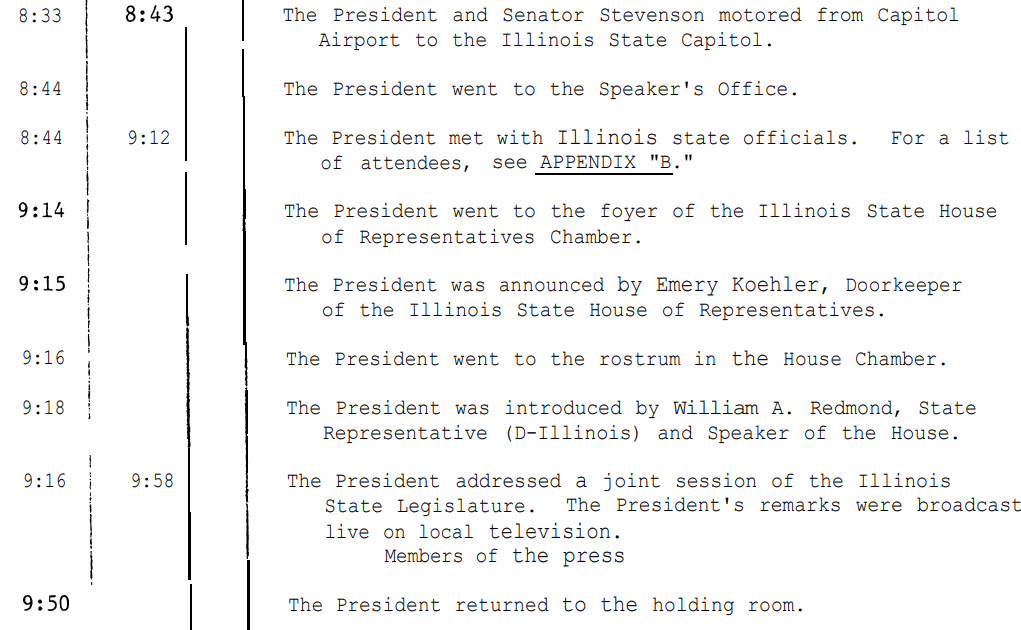From Wirepoints, reprinted with permission:
He was the real thing: A personal memory and a few surprises about Jimmy Carter
By: Mark Glennon*
I once hiked to the other end of Northwestern University’s campus to meet a new presidential candidate who most everybody had barely heard of. It was Jimmy Carter, shortly after he launched his campaign. Only a couple dozen other students showed up, so Carter skipped a speech from a stage and sat us down around a big table for something informal and friendly.
In retrospect, it’s a lesson in how drastically America’s political center has shifted. Most of what Carter talked about today would be labeled “right-wing,” or something worse.
It’s also a memory of perhaps the most fundamentally good human being I’ve ever met in government.
You might be surprised by the policy matter Carter had at the top of his list: zero-based budgeting. That’s the idea the federal budget should be reviewed from the bottom up every year so that past spending doesn’t, alone, set the precedent for more of the same. Much of the rest of what he talked about centered on what he saw as the moral and bureaucratic rot in federal government.
That’s right, Carter ran as a fiscal conservative. Washington was a “confused, bloated bureaucratic mess,” he said often during his campaign.
It didn’t end when he took office. In his first State of the Union address, Carter said, “Government cannot solve our problems …[or] eliminate poverty, or provide a bountiful economy, or reduce inflation, or save our cities, or cure illiteracy, or provide energy.”
Imagine the uproar from the progressive base if a Democratic president were to say that today.
Carter and his presidency are widely regarded as left-wing failures, but there’s no shortage of conservatives who praise much of what he accomplished.
Former Republican Senator Phil Gramm, for example, wrote earlier this year that “Carter’s legacy of deregulation stands as one of the most transformative public policy reforms in our nation’s history, and he gets too little credit for making our country more competitive.” No less than a fellow at the very conservative Cato Institute even wrote in Time on Sunday that Carter was the “most successful conservative president in the last five decades.” It was Carter’s successful deregulation that they point to. The airline, trucking and communication sectors, until Carter came along, were uncompetitive and ossified thanks to government micro-management.
Most interesting, perhaps, is a retrospective on Carter’s 1979 “Crisis of Confidence” national address. The speech itself is widely characterized as a landmark failure — a defeatist surrender to a litany of America’s problems, which Carter outlined in the speech. That set the ground for Carter’s defeat by Ronald Reagan, who made optimism paramount. The retrospective is in The American Conservative from 2009.
The speech was in fact a massive backfire. Carter’s pollster, Pat Cadell, who advised Carter on the speech, correctly saw a crisis of spirit in the country. For the first time since the Depression, Americans were no longer confident in the future. “Caddell thought Americans would be receptive to a speech that, instead of appealing to mom, apple pie, and the flag, laid out the nation’s problems honestly and bluntly,” The American Conservative wrote. It was supposed to be a call to action, not about national malaise as it was received.
Carter even said what today would be summarized as “drill, drill, drill,” announcing a drive toward energy independence. “We will protect our environment. But when this nation critically needs a refinery or a pipeline we will build it. …We have more oil in our shale alone than several Saudi Arabias. We have more coal than any nation on earth.”
But the speech did call for personal sacrifices, limited expectations and reduced consumption, which didn’t go over well.
Most importantly, Carter himself simply didn’t generate the confidence needed to overcome the crisis therein he bemoaned.

That failure to overcome a crisis of confidence came as no surprise to me based on my brief contact with Carter nearly 50 years ago. He struck me as inexperienced and maybe even naïve — a bit of Don Quixote in him. He seems never to have shaken that, which maybe accounts for the foreign policy errors he’s been widely criticized for, both during and after his presidency.
Above all else, however, I can think of nobody I’ve met whom I’d have been more honored to have had as a friend. I never once saw anything from Carter that I wouldn’t have expected from the man I met or the man he portrayed anywhere else. He was the person you saw, always, in public and in private, as so many who knew him attest.
This is the ranch-style home in Plains, GA built by Carter in 1961 that he and his wife lived in until their deaths.
Jimmy Carter was the real thing.
*Mark Glennon is founder of Wirepoints.
= = = = =
The first President I remember seeing was Harry S. Truman.
I was in Washington with my parents and sister in front of the Executive Office Building I was to work in for the Budget Bureau in 1965-66 during the Lyndon Johnson Administration.
He was striding across Pennsylvania Avenue with cane in hand, as I remember it.
It must have been when the White House was being refurbished and Truman was living at Blair House across the street.
I was nine or ten.
Until I read the Rockford Register-Star today about Carter visits to Illinois, I did not remember that he spoke to a Joint Session of the Illinois General assembly on May 26, 1978.
He was in town to speak at a fundraiser for Michael Bakalis, who was running against Jim Thompson.
I did find the following record of the visit in his Presidential diary:


Mark Glennon of Wirepoints Remembers Jimmy Carter’s Tiny Campaign Appearance at Northwestern & Praises His Term, Skinner Has No Memory of Carter Appearance at General Assembly | Dailywise
[…] Story continues […]